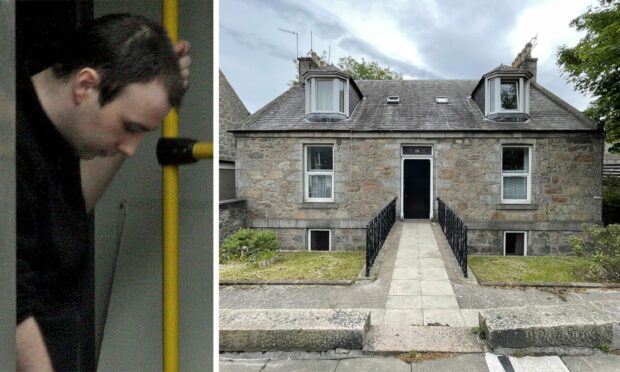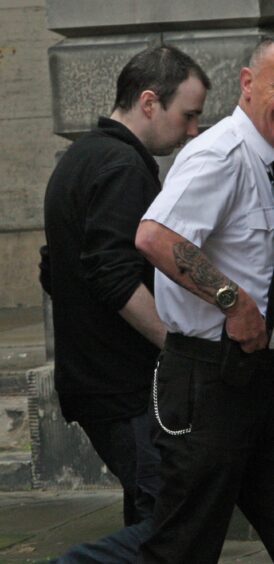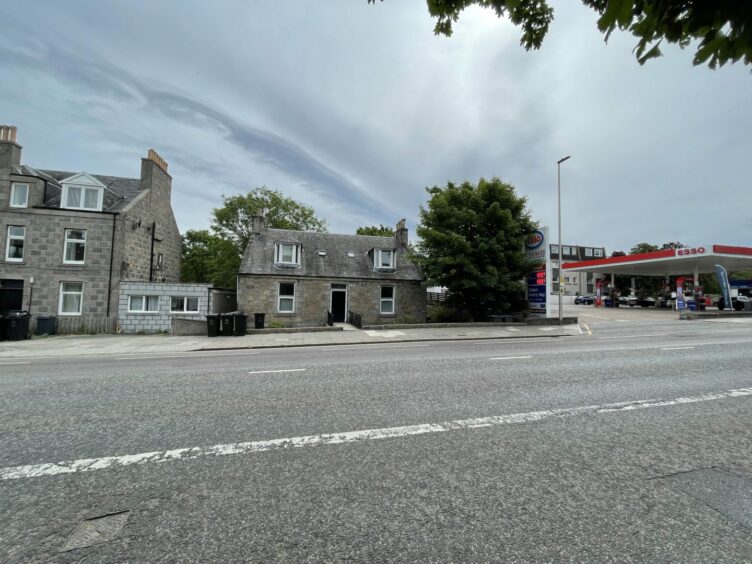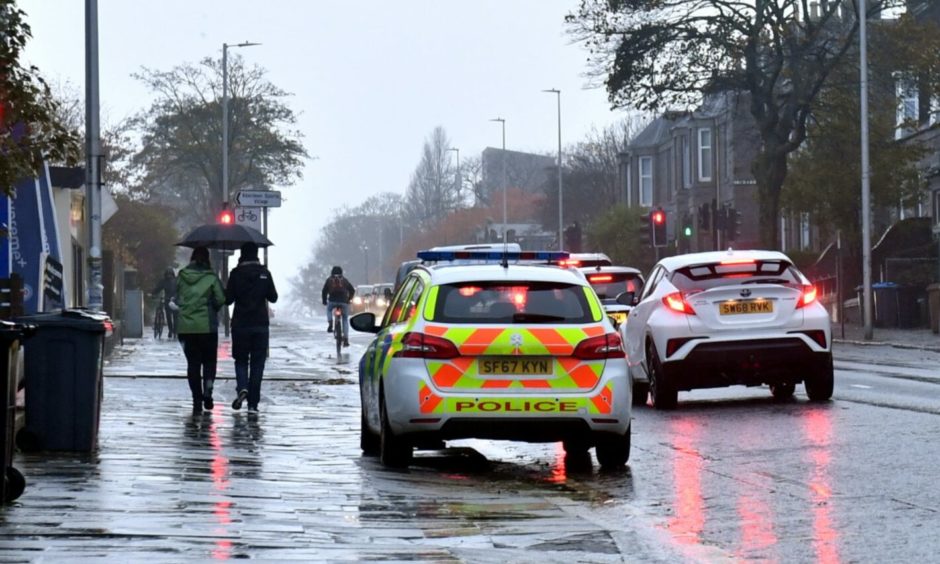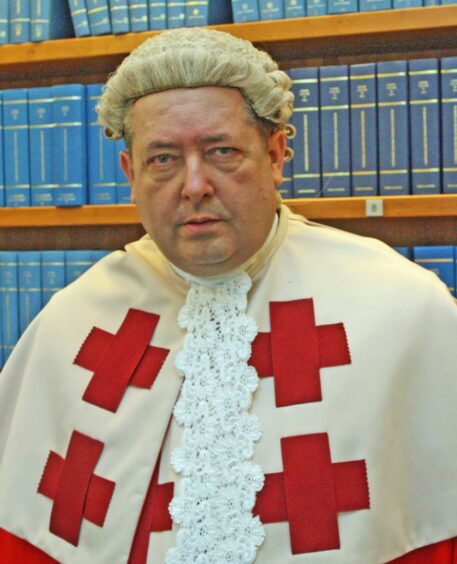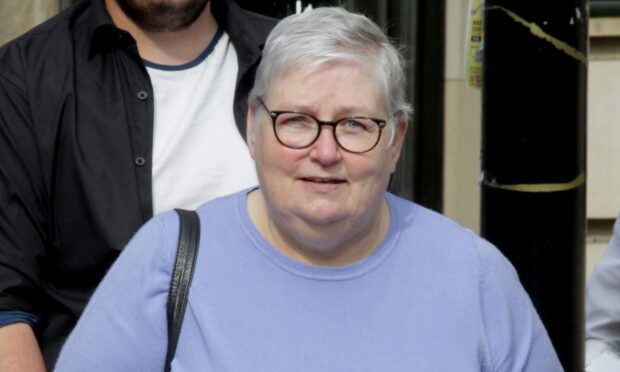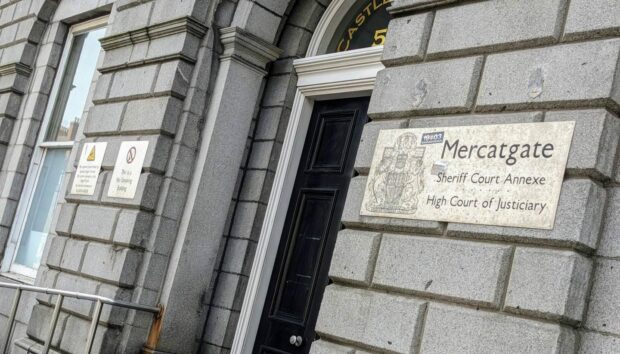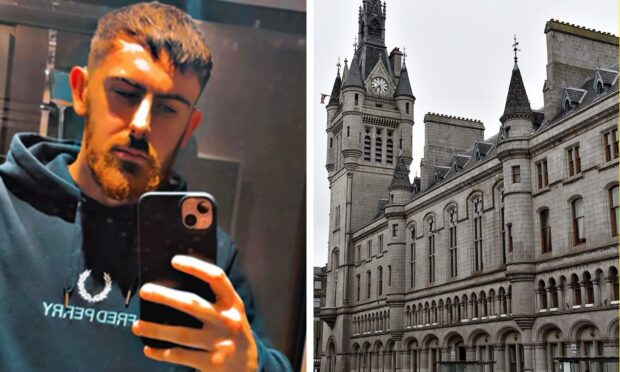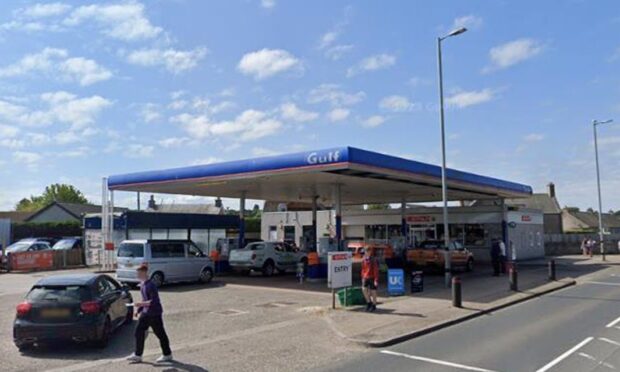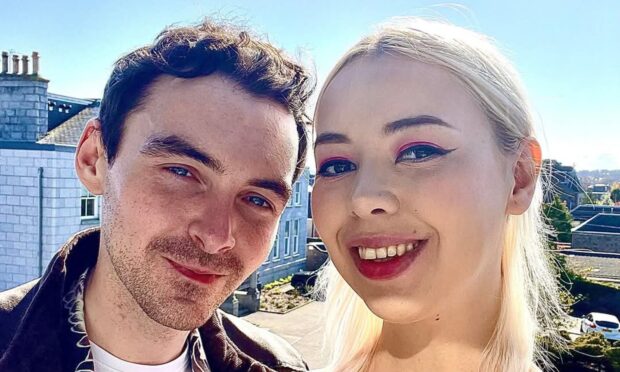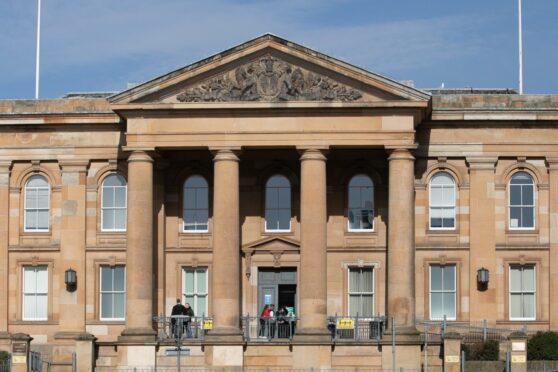An autistic Aberdeen man with an “interest” in chemistry has walked free from court after a jury acquitted him of terrorism and explosives offences.
Richard Smith, 29, was unanimously found not guilty of engaging in conduct for the preparation of committing acts of terrorism.
Mr Smith, formerly of King Street in Aberdeen, was acquitted of two further charges with not proven verdicts at the High Court in Edinburgh.
It had been alleged that he possessed and made explosive substances and acquired information about how to make improvised explosive devices and firearms in order to advance anti-Muslim and neo-Nazi causes.
The not proven verdicts were delivered on charges that alleged between October 19 2018 and November 13 2019 he had illegal possession or control of explosive substances and that, between August 9 2018 and November 13 2019, he collected or made a record of information likely to be useful to a person committing or preparing an act of terrorism.
After the jury returned its verdicts, the trial judge Lord Mulholland told Smith: “In light of the verdicts of the jury, you have been acquitted. You are free to leave the dock.”
The judge thanked jurors for the “careful consideration and care” they had taken to evaluate evidence in the case.
And he granted them an exemption from further jury service for the next five years.
During the three-week trial Smith, who was diagnosed with Asperger’s Syndrome, had denied the offences.
Defence counsel Ronnie Renucci QC said Smith had a legitimate interest in chemistry.
He said: “He is not some lone wolf terrorist operating out of his bedsit in Aberdeen. He has Asperger’s. He has autism.
“He may have poor communications skills. He may appear to be a bit pathetic. But he is not a terrorist.”
During the trial, jurors were told how police found chemicals at Smith’s home on King Street in Aberdeen, which were described as a “precursor” substances for explosives.
Army bomb disposal staff were called to the property from their Edinburgh base and spent a week there along with specialist fire brigade officers making it safe.
Substances recovered were sent for analysis to the Ministry of Defence Science and Technology Laboratory at Porton Down in Wiltshire.
Scientists discovered that the student had actually made gunpowder and other explosives.
Police also seized IT devices belonging to Smith and among four million pieces of data they discovered books on how to make firearms and explosives.
It was also discovered that Smith had downloaded literature linked to the far right and a record of tweets addressed to London mayor Sadiq Khan were also found.
The court heard that Smith was initially detained after police found him lying unconscious in Aberdeen’s Leslie Terrace on September 21 2019.
Pc Joanne Smith told the court that he regained consciousness and started abusing her and colleagues who came to assist her.
She said: “He said he was going to bomb police offices and our own personal cars. He said he was a military man.
“He said he had chemicals in his home that he could use to make weapons of mass destruction and bombs,” she told advocate depute Liam Ewing QC.
The accused’s uncle Richard Smith, 48, was sent a WhatsApp message by the accused which stated: “The Muslims must die.”
He became concerned for his nephew’s wellbeing and phoned police to check on him at his King Street home.
Pc Kyle McNelis said: “The address was pretty untidy and there were electrical components scattered around.”
Police recorded the scene on a body worn camera and jurors were shown footage, including a jar marked “danger” and another container marked “iodine”.
A list of what was discovered was sent to the military and fire service.
Army bomb disposal officer Captain Stefan Hurst said that a substance known as Armstrong’s Mix was found at the property and could be “quite a powerful explosive”.
A cybercrime analyst said PDF files found on Smith’s devices included “Expedient Homemade Firearms”, “Homemade Semtex – C-4’s Ugly Sister” and “Assorted Nasties Poisons”.
Smith was also found to have downloaded the Turner Diaries, a notorious novel depicting race war in the US.
A search of a hard drive belonging to Smith found a series of tweets from an account called @Richard-abdn.
It read: “Have you tried getting rid of the majority of Muslims yet @SadiqKhan”.
Another addressed to the London mayor stated: “@SadiqKhan how do you like that you poisonous Muslim snake”.
Described as racist in his private life
Porton Down scientist Dr Martin Pearce said an analysis of files recovered showed they contained information about highly poisonous and toxic chemical and biological weapons.
They also included details on the manufacture of chlorine and mustard gases.
Mr Ewing told the court that Smith had downloaded a “library” of material that could aid a terrorist attack.
He had made high explosives and was a racist in his private life.
The court heard that he told non-white people he met in the street to go back “to their own country”.
The prosecutor had urged the jury of 13 to reach the conclusion that he was acquiring information and material to construct improvised explosive devices.
But instead they returned not guilty and not proven verdicts.
A spokesperson for Police Scotland said: “Police Scotland notes the verdict of the jury in the case against Richard Smith”.
For all the latest court cases in Aberdeen as well as crime and breaking incidents, join our Facebook group.
